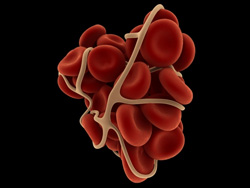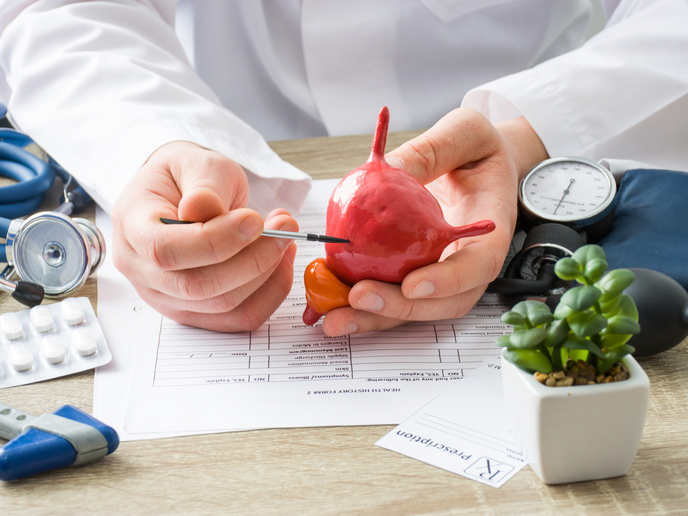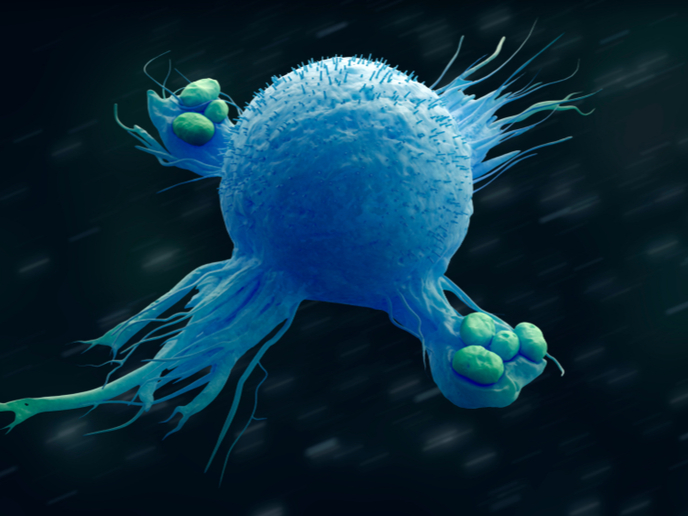Stem cells repair stroke damage
Stroke caused by blockage of a brain artery is the second most common cause of death worldwide. The resulting brain damage due to oxygen shortage in brain tissue is also a source of disability in patients, particularly the elderly. The 'Multipotent adult progenitor cells to treat stroke' (Strokemap) project aimed to develop new multidisciplinary strategies to restore blood flow to the region of the brain that has been deprived of oxygen. This would involve repair of neurons and vascular tissue that died due to cerebral ischaemia or lack of oxygen. Project researchers aimed to use multipotent adult progenitor cells (MAPCs) first discovered in 2002. A novel population of marrow stem cells, MAPCs can generate the necessary tissue for vascular repair. Furthermore, in rodents, MAPCs have been shown to cause the regeneration of neuroprogenitor cells that can develop into neurons and other nervous system cells. To achieve this ambitious objective, Strokemap devised a work programme that incorporated stem cell transplantation in the ischaemic brain and non-invasive imaging of stem cell grafts and their effects in the damaged brain. Strokemap gained an in-depth understanding of human MAPCs and their effect on the immune system. Using ischaemic limb and middle cerebral artery occlusion (MCAO) models, the researchers demonstrated and investigated superior vascular and tissue repair. The team also successfully produced clinical grade MultiStem®, a stem cell platform, for stem cell grafts and vascular stroke. The Strokemap study has laid the foundations for clinical trials involving MAPCs for research into therapies for strokes. Research in stem cell technology can be applied to regenerative medicine in general and is applicable in many areas of biomedicine.







